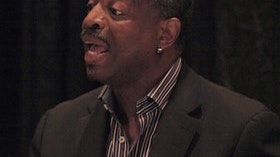Homepage
•
Learning Library
•
Blog
•
No one does literacy quite like LeVar Burton
Expand breadcrumbs
Expand breadcrumbs
- Learning Library
- Blog
- No one does literacy quite like LeVar Burton
- Homepage
- •
- Learning Library
- •
- Blog
- •
- No one does literacy quite like LeVar Burton
No one does literacy quite like LeVar Burton
By Nicole Krueger
June 30, 2014








